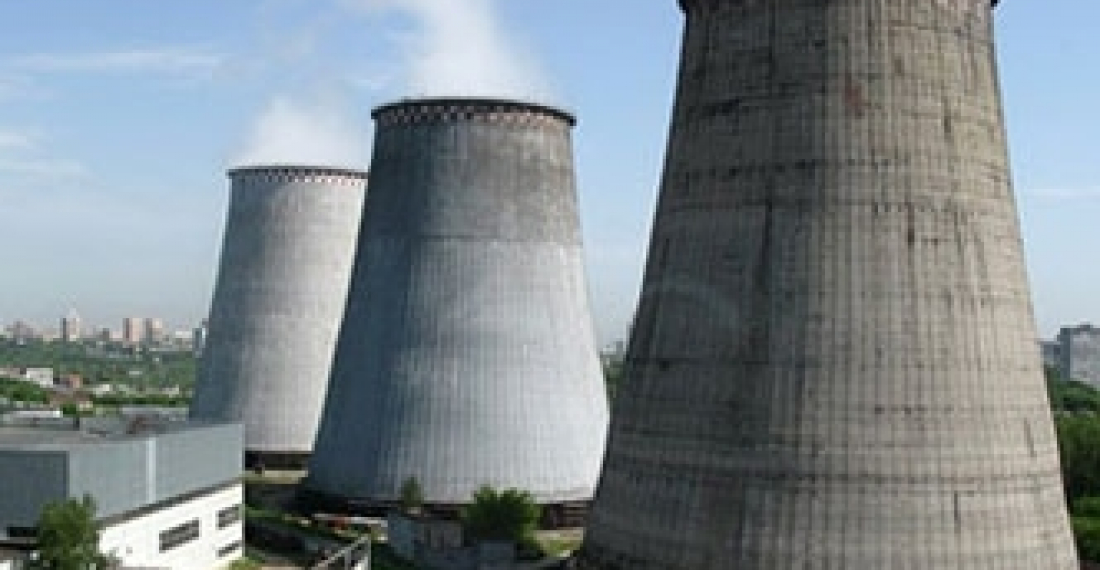We have in the EU budget around 70 million euros per year, which we can spend for the safety of nuclear power plants outside the EU. In theory Armenia could get part of this money to reassess its NPP and also to improve it, Marlene Holzner, Spokesperson of the European Commissioner for Energy, said in an interview to ArmInfo.
“But of course, Armenia has to ask for the money first,” she said.
She exlained that June 27 2011 Armenia, Belarus, Russia, Ukraine, Croatia, Turkey and Switzerland signed a declaration to do similar stress-test for all the nuclear power plants existing in their territories.
“We have developed criteria to reassess NPPs after Fukushima. So, they will have to test if they are able to cope with earthquakes and other disasters that may happen in their region. Of course, it is not that we have tsunami everywhere, but we have different conditions. We know that all of the plants have had such tests before, otherwise, they could have never operated but we want to know more. We want to know their safety margin. We could say we had x and now we ask x plus 20%,” Holzner said.
She said that Armenia has promised that it will do this test, which also will include airplane crushes and terrorist attacks.
“If you think about the World Trade Center, al-Qaeda had a high jet airplane and went into a nuclear power plant,” Holzner explained.
She said that the test has three levels: the 1st – by NPP operator, who will just answer the questions, the 2nd - a national level (a ministry or an agency which normally controls NPP and gives a license). “Here, you will need in Armenia somebody, a ministry or an agency, which will check all the answers of the nuclear power plant, and will say, yes, it is credible or not. For example, if you have Russian model, or French, you can say if it can withstand or not,” Holzner said.
“The 3rd level will be international. Armenia has accepted it also. Experts from other countries will check what Armenia has. That means that, maybe, British, Italian or French nuclear experts will look at what is in the record. Since we have not set down the details yet, they will have to look at the nuclear power plant on the spot with their own eyes and then see what we think it is,” Holzner said.
She explained that they have not set down a detailed plan of action because the June declaration was the first step, and afterwards it was agreed that they would continue discussion on the details.
“The plan is that Armenia has to fulfill the 2nd and 3rd steps transparently: it needs to be public and it needs to be published,” Holzner said.
Prepared by Oksana Musaelyan
(c) commonspace.eu







